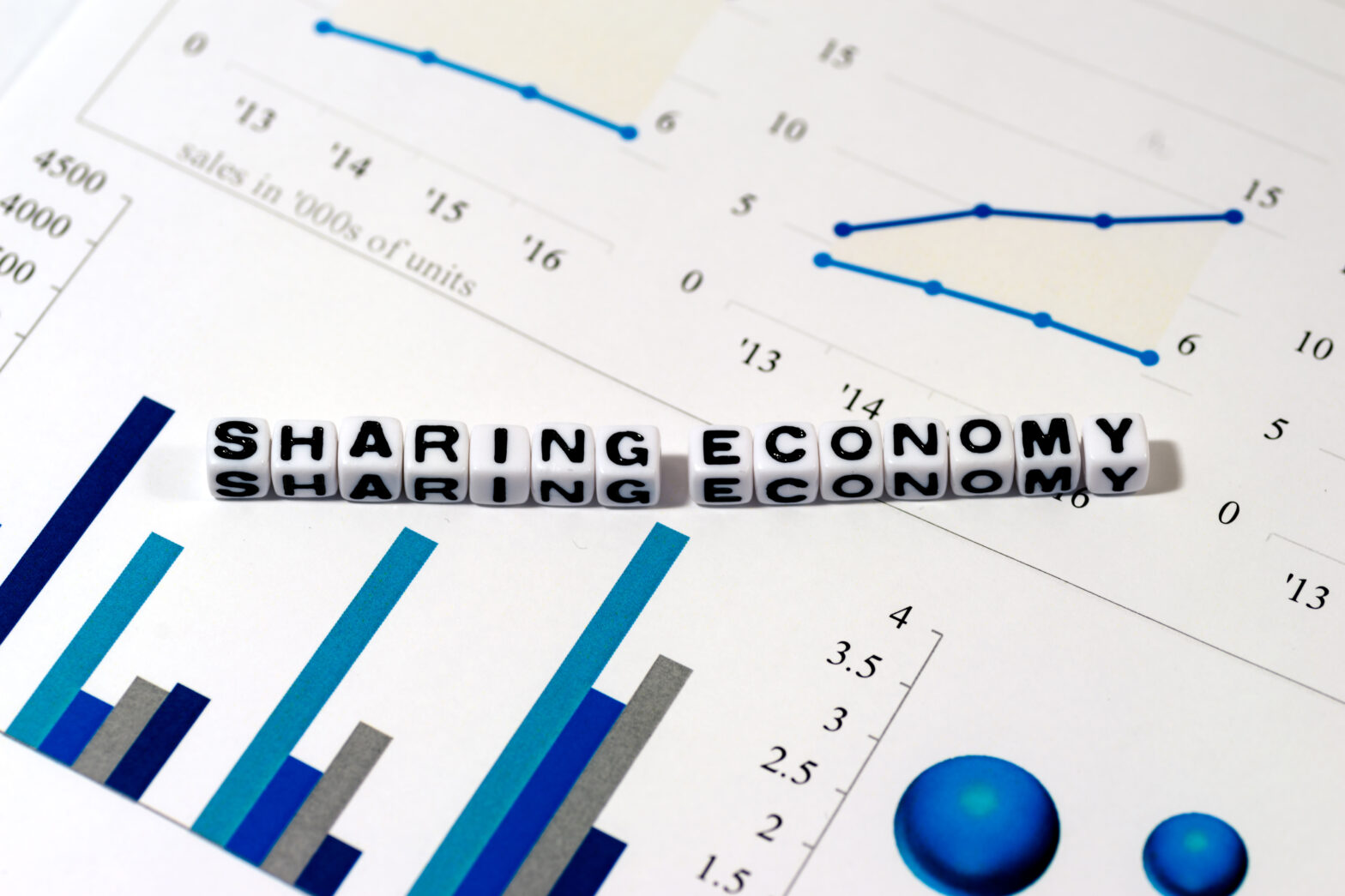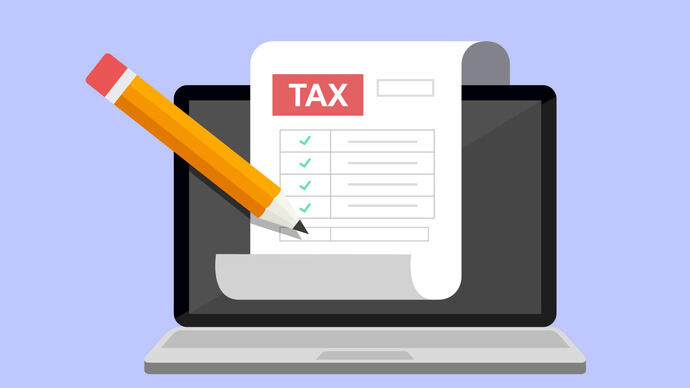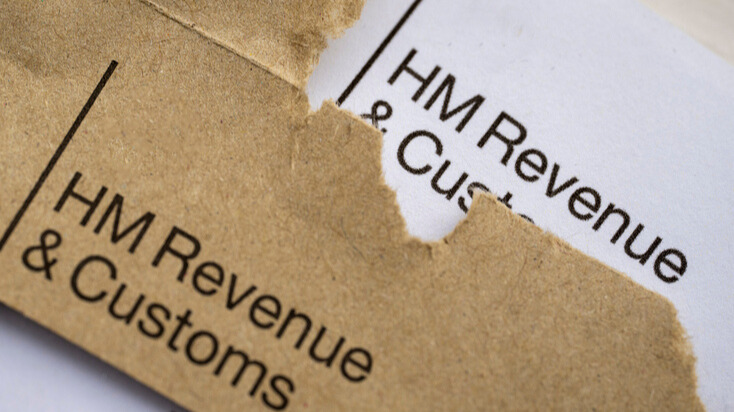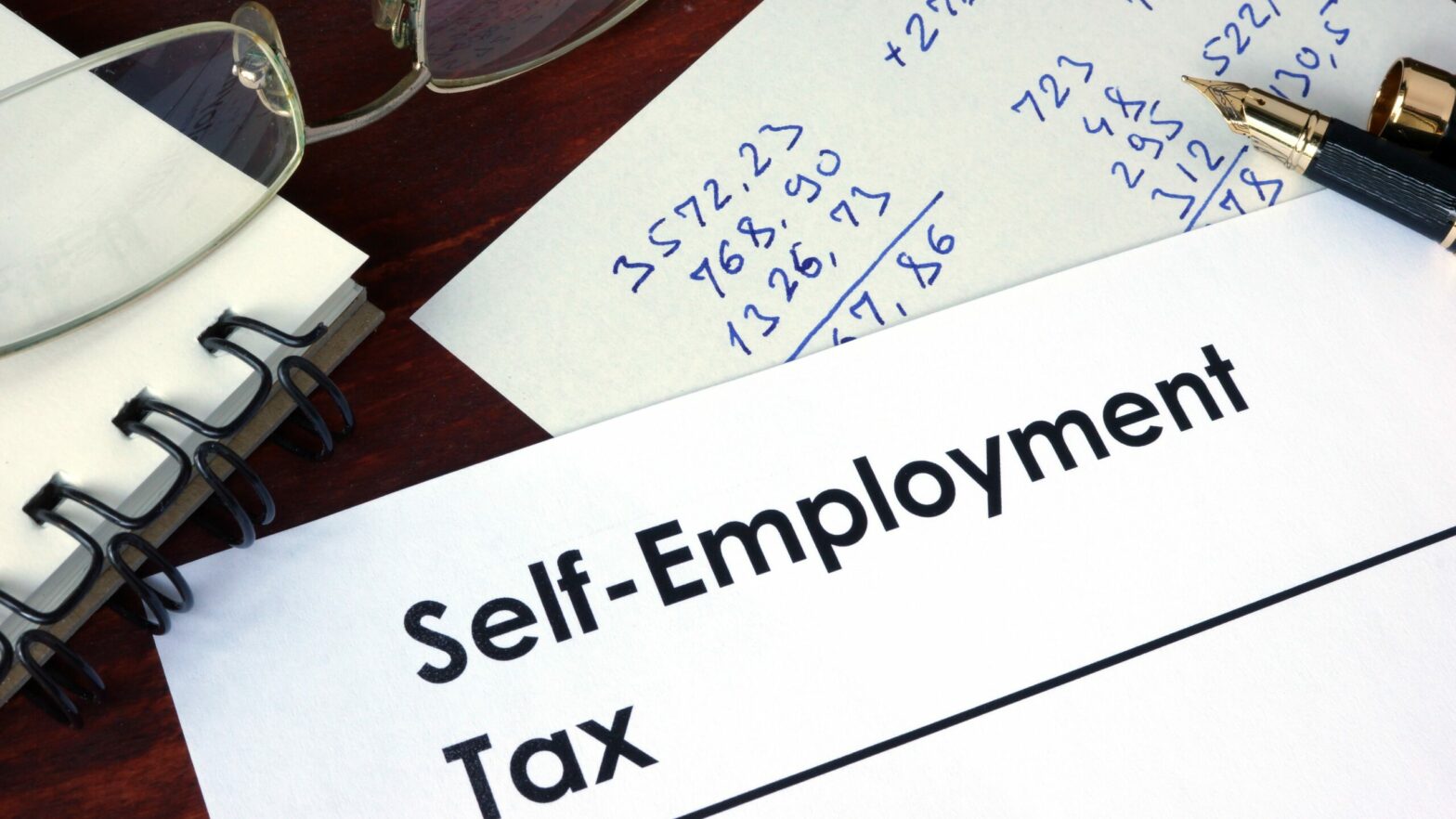The sharing economy is an established force in the UK and is set to be worth £43 billion globally by 2020. However, according to Intuit research, 38 per cent of sharing economy users claim managing and understanding taxes is still a significant challenge. This should come as no surprise. Going it alone is complex enough without having to managing your taxes and contending with back office admin on top of the day-to-day grind of trying to make money.
However, as figures released by the ONS reveal that nearly 90 per cent of UK jobs created in the past three months were by the self employed (partly due to the popularity of the sharing economy), infrastructure and regulations need to be put in place to protect and support these individuals. This is crucial as those not used to the process need to learn how to navigate their way through tricky policies such as tax, pensions and insurance.
With this in mind, here is a guide on the current rulings affecting self-employed individuals that sharing economy users should be aware of for effectively managing your taxes.
1. How are sharing economy profits currently taxed?
The world’s first sharing economy tax break was announced by the UK government in the 2016 budget, with micro-entrepreneurs set to get two £1,000 tax-free allowances for trading and property income from April 2017. The move marks a significant win for Britain’s army of self employed and demonstrates the country’s prowess as a world leader in the sharing economy.
2. Increased support from HMRC
One of the biggest challenges to self-employed workers is the lack of infrastructure to support them. It was therefore also pleasing to see in the 2016 budget that £71 million was set to be put towards improving the help that HMRC provides taxpayers, including more online support and reduced waiting times. This investment comes ahead of more significant changes to the way that businesses interact with the Revenue to fully digitise the UK tax system, which will come into force from April 2018.
3. What tools can make the process more streamlined?
Sharing economy services add new income streams to an individual’s gross yearly earnings, but tracking these can be complex. Today, there are a range of cloud-based tools to help make this process simpler and that also provide a complete overview of finances. For example, Intuit recently announced a partnership with Etsy to help its sellers simplify accounting and tax preparations. Working with an accountant can also ease the burden and can help educate those making money from the sharing economy in the tax processes so they don’t get caught out.
The future
As nearly one in five (17 per cent) UK workers are now consuming sharing economy services, and 6 per cent are using them to supplement or create income, platforms like Etsy and TaskRabbit are enabling more and more people to explore new income streams and dramatically different working habits. However, the tax requirements of one sharing economy service can be very different to those of another, so confusion is understandable. Now is the time to help and champion this growing force of micro-entrepreneurs, supporting them with the tools and advice they need to grow their businesses of one.
Dominic Allon is Europe VP and managing director of Intuit.





